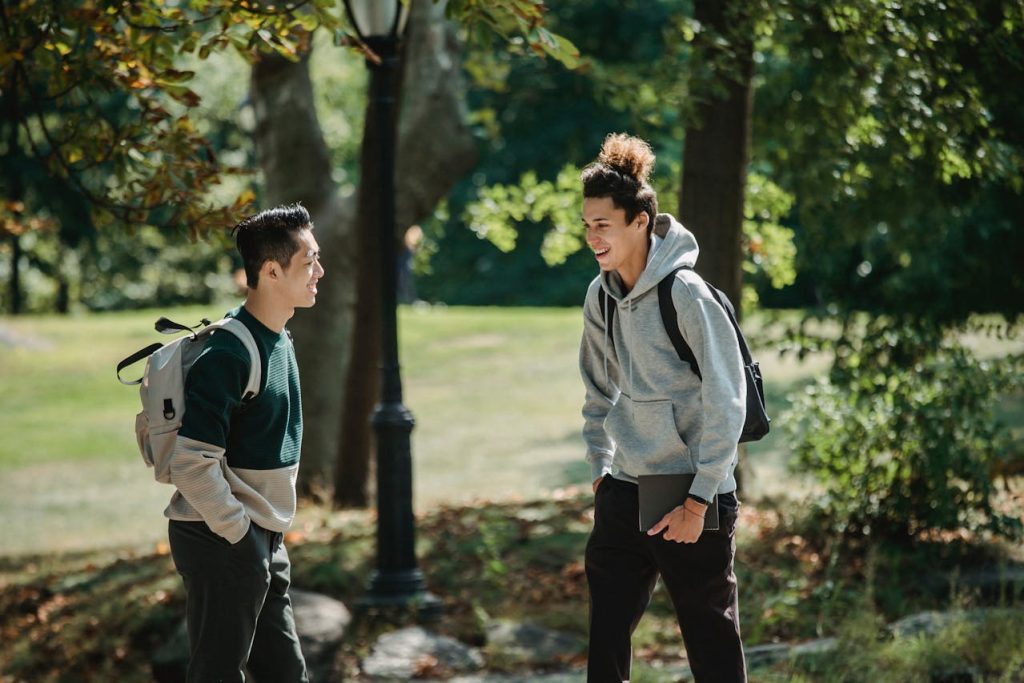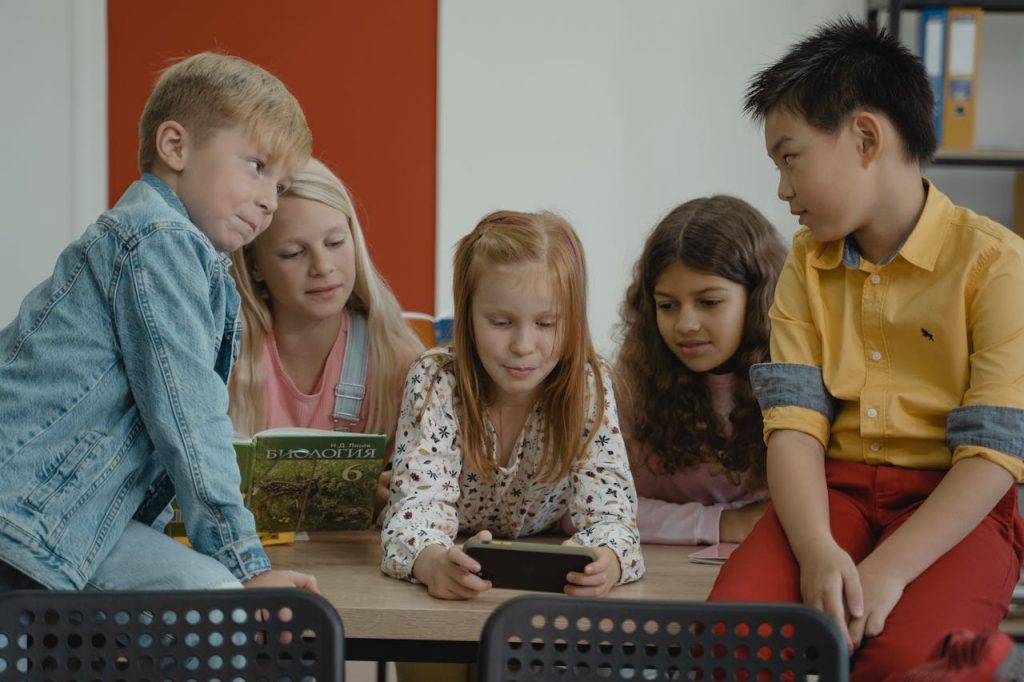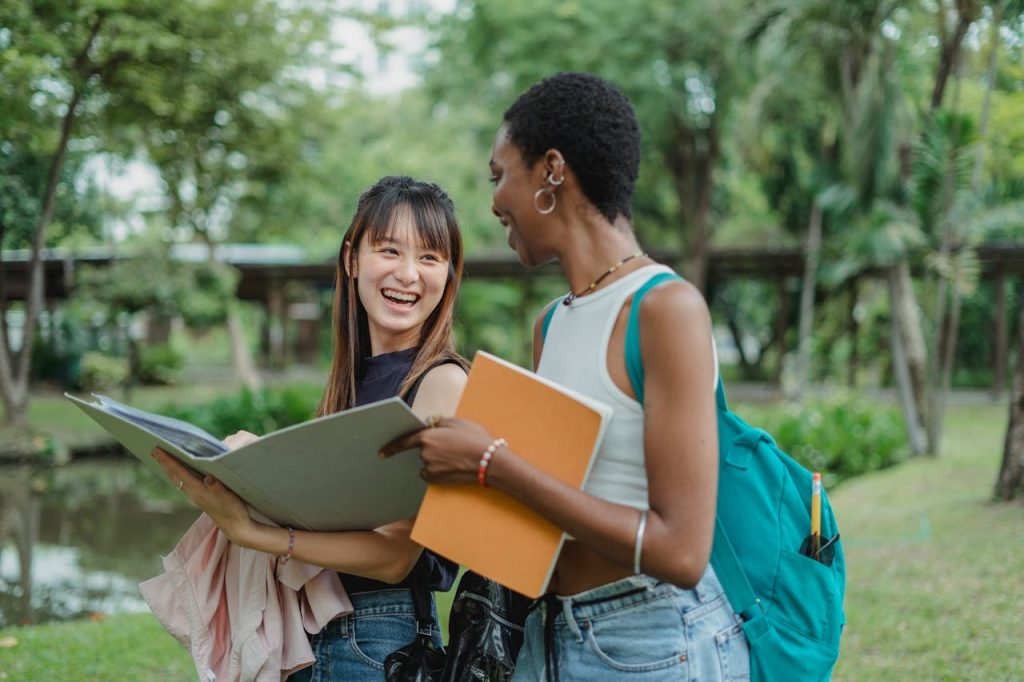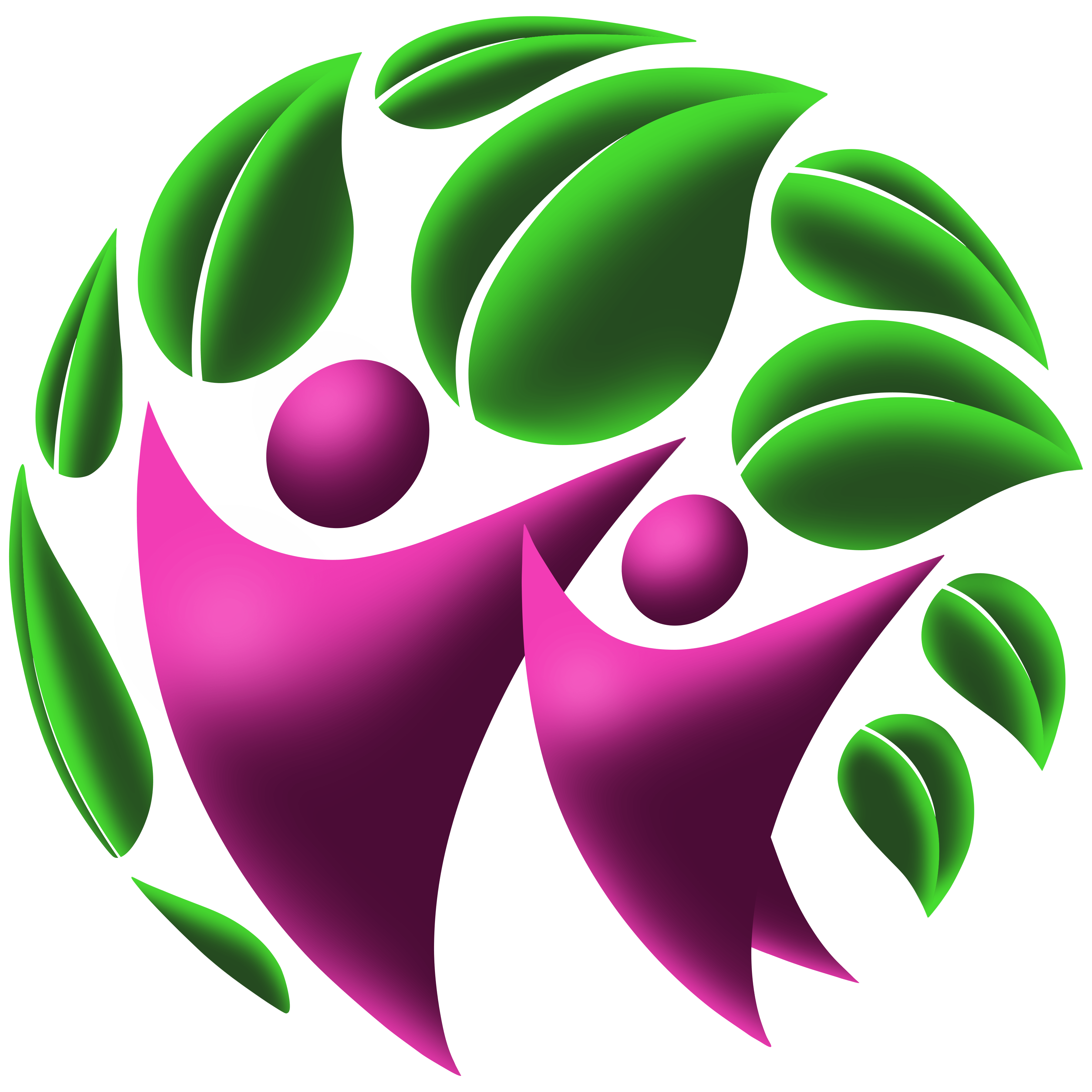What is a Social Emotional Skills Coach?
As a Social Emotional Skills Coach, I work with students who have social emotional/cognitive skill challenges.
Are you a therapist?
I am different from a counselor and therapist, meaning that my approach is educational and non-therapeutic. I help facilitate the development and progress of specific social skills pertaining to social attention, social interpretation, problem solving, and perspective taking.
What groups of people and ages do you work with?
I work with neurodiverse and neurotypical clients who are within the age range of 8-21 years old. Depending on the age, needs, and situation of the client, my coaching may extend to parents or other caregivers. In addition to individual coaching, I also lead small social groups that support clients to transfer social skills developed from individual coaching towards authentic social interactions with peers. I provide professional development for faculty and staff, as well as consultations with administration.

Initial Consultation with client and/or caregivers of client
During this meeting we discuss the client’s areas of strengths and challenges, prioritization of needs, and formulate the next steps to support social emotional cognitive skill development and/or progress.
Individual Social Emotional Skills Coaching
My facilitation scope is educational (similar to a coach), meaning I focus on social emotional skill development and reinforcement through instruction and practice. Each session is tailored to meet the individual’s level of need for social emotional skill development and/or reinforcement.
Peer Group Social Emotional Skills Coaching
A peer group experience allows the client to apply social emotional cognitive skills and strategies learned from individual coaching among a peer group. Peer groups may be with 2 or more peers. Social Emotional Skills Coaching provides scaffolding for the group by facilitating topics of conversation and activities, explaining and modeling expected behaviors, and assists clients to explore the “why” behind social expectations for behaviors. Within a group dynamic, clients have the opportunity to explore how their behaviors impact others, as well as how to modify their responses to best fit the social situation.

School/Social Observation and Follow Up Consultation
- A school or social observation is a method used to gather information about the client’s social behaviors within environments where they are expected to apply social emotional cognitive skills. Typical social environments include but are not limited to school lunch, recess, group work, games, physical education, etc. During this observation, time will be utilized by observing the client’s social attention, interpretation, problem-solving skills, and perspective taking skills. The goal of this observation is to identify social emotional cognitive skills challenges and develop a coaching plan that is tailored to meet the specific needs of the client.
- During the Follow Up Consultation, the results of the observation and the next steps forward are discussed with parents/caregivers and possibly the client.
Parent Coaching
I offer coaching to parents or caregivers to support them with implementing their child’s social emotional cognitive skill strategies in the home environment, as well as resources that reinforce their child’s social emotional skill progression.
Consultation with Educators and Administration
I collaborate with administration to discuss the social emotional needs of students and how best to support educators with social emotional skill development. This may involve professional development for educators and push-in class lessons for students.
Professional/School Team Collaboration
- The purpose of this collaboration connects the client’s educational and professional teams together so that multiple perspectives of the client’s skills are discussed and addressed. It also provides a means for team members to utilize similar strategies and implement consistent vocabulary to help the client’s social emotional cognitive skills progress.
- This collaboration can be met through connecting via phone calls and/or meeting with the client’s educational team, therapist, or any other related professional that is involved with the client’s progress.


